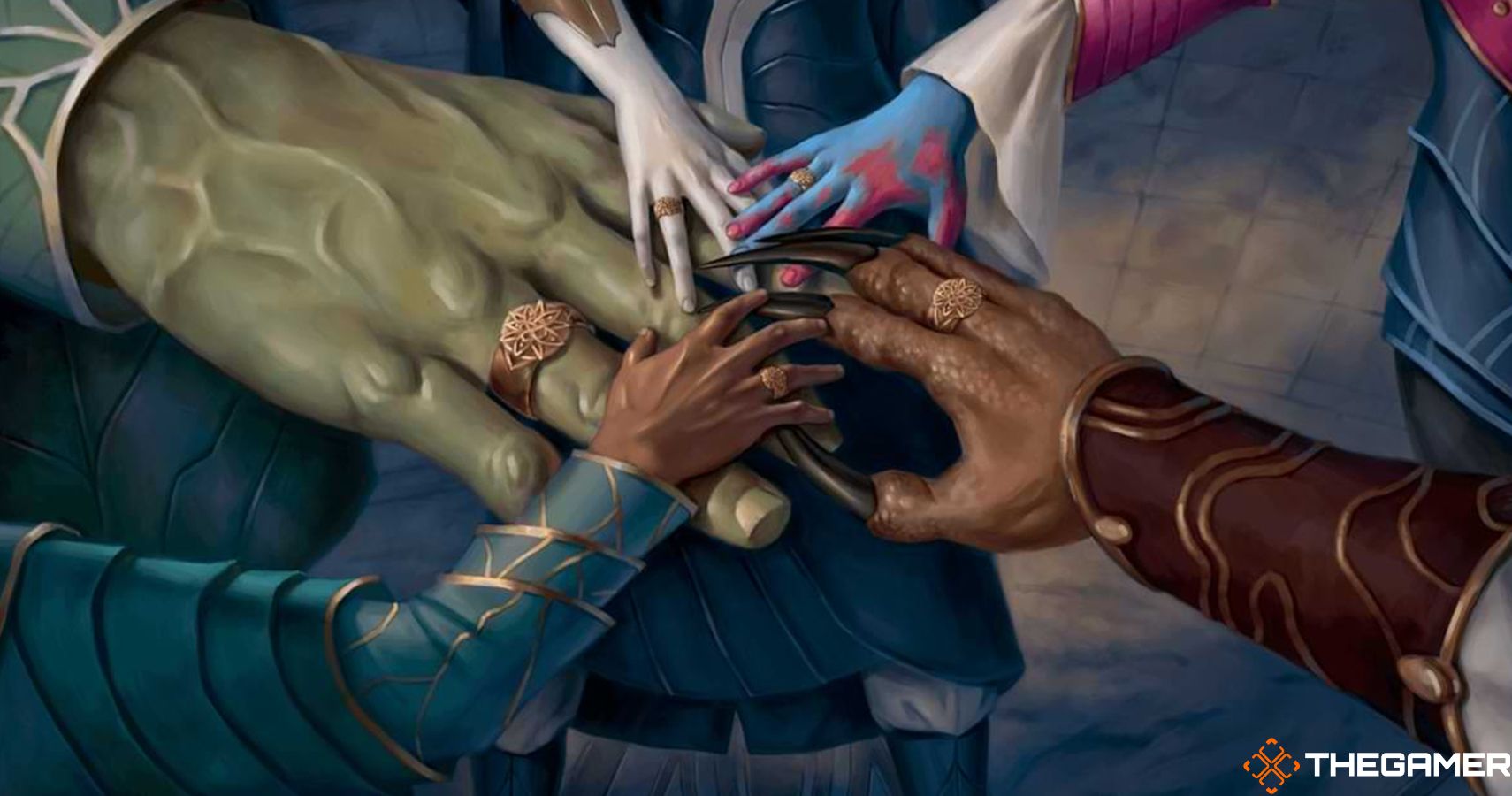How do you balance the Commander format? It takes Magic the Gathering's cards and rules, which are designed with a focus on competitive, one-on-one play, and stretches them into a highly social, four-player format where winning isn't the only goal. It's a miracle it works, let alone that it's become the most popular way of playing Magic.And yet it feels like the work is never done. Every day, the Commander community has heaps of discourse surrounding balancing the format. Whether it's talking about the difference between "casual" and "competitive" Commander (known as cEDH), or trying to come up with a billion 'power level', the community seems obsessed with pigeonholing decks and strategies. It feels like treading the same ground every week with this handful of talking points misses the point of why these discussions happen in the first place: to promote a good play experience for everyone.Commander's all about self-expression over necessarily winning the game. If everyone got to be scary at least once, or play that card they love, or 'do the thing their deck does', then it's considered a good game no matter who wins in the end. But when one player's rocking up with all the best cards in Magic's history in a turn-two-win Cheerios deck, and someone else is playing their Budget Elephant Tribal deck they cobbled together from cards already in their collection, you have a problem. Can anybody agree on what the exact problem is? Of course not.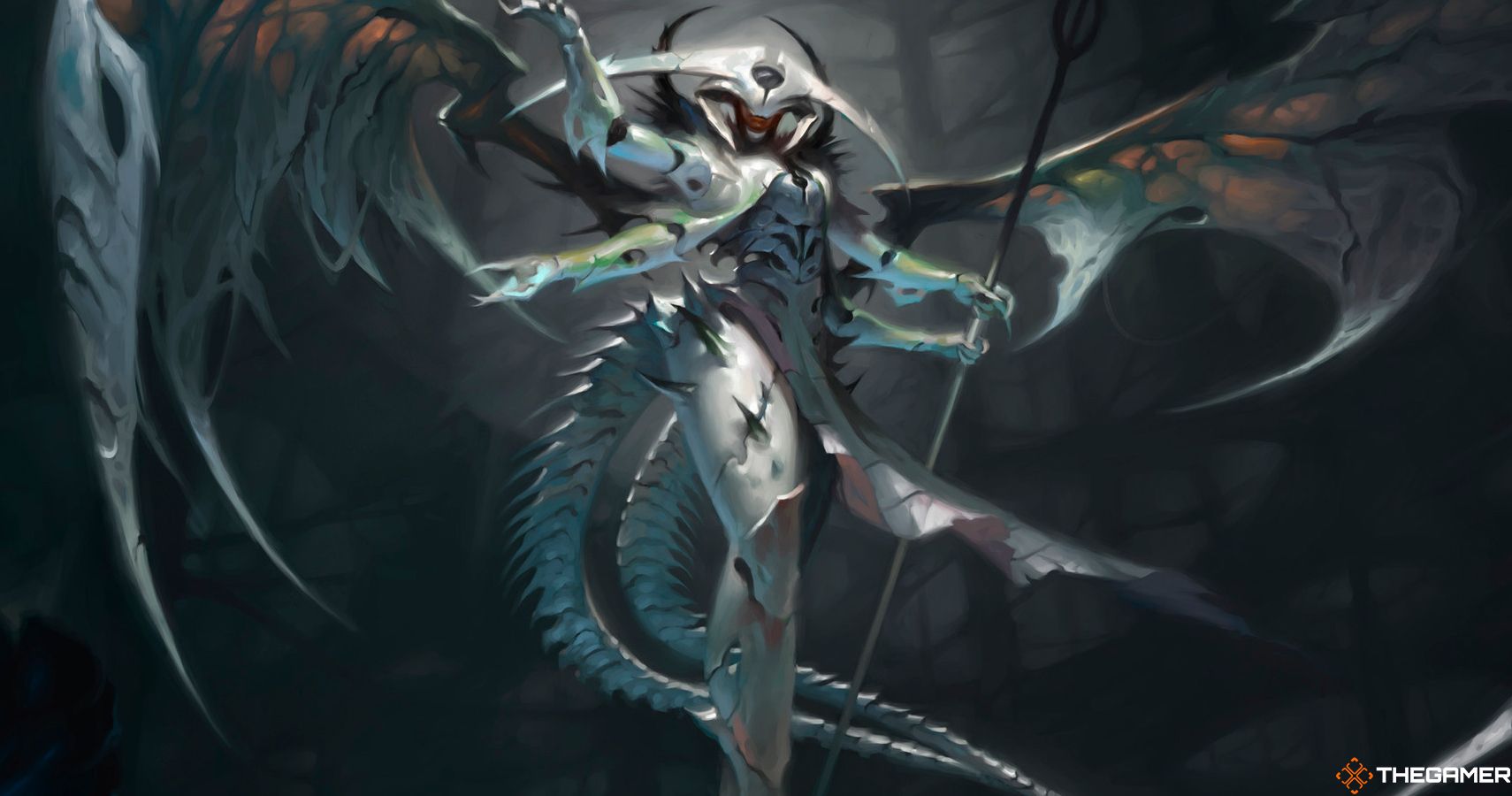 The Commander community has come up with lots of different ways of working around an issue it can only nebulously define. One of the format's defining features is the 'rule zero discussion', where players are encouraged to talk to their playgroup about the decks everybody wants to play to try and find a middle ground that everyone can enjoy.In theory, this is great. I've always been an advocate for having good rule zero discussions, and will continue to do so in the future. It's a way to break the ice before a game, get people into the mindset of playing Magic, and also show you care about everyone else in the game. But it's also serving as the stage for Commander's biggest misstep because the problem is how we talk about our decks.
The Commander community has come up with lots of different ways of working around an issue it can only nebulously define. One of the format's defining features is the 'rule zero discussion', where players are encouraged to talk to their playgroup about the decks everybody wants to play to try and find a middle ground that everyone can enjoy.In theory, this is great. I've always been an advocate for having good rule zero discussions, and will continue to do so in the future. It's a way to break the ice before a game, get people into the mindset of playing Magic, and also show you care about everyone else in the game. But it's also serving as the stage for Commander's biggest misstep because the problem is how we talk about our decks.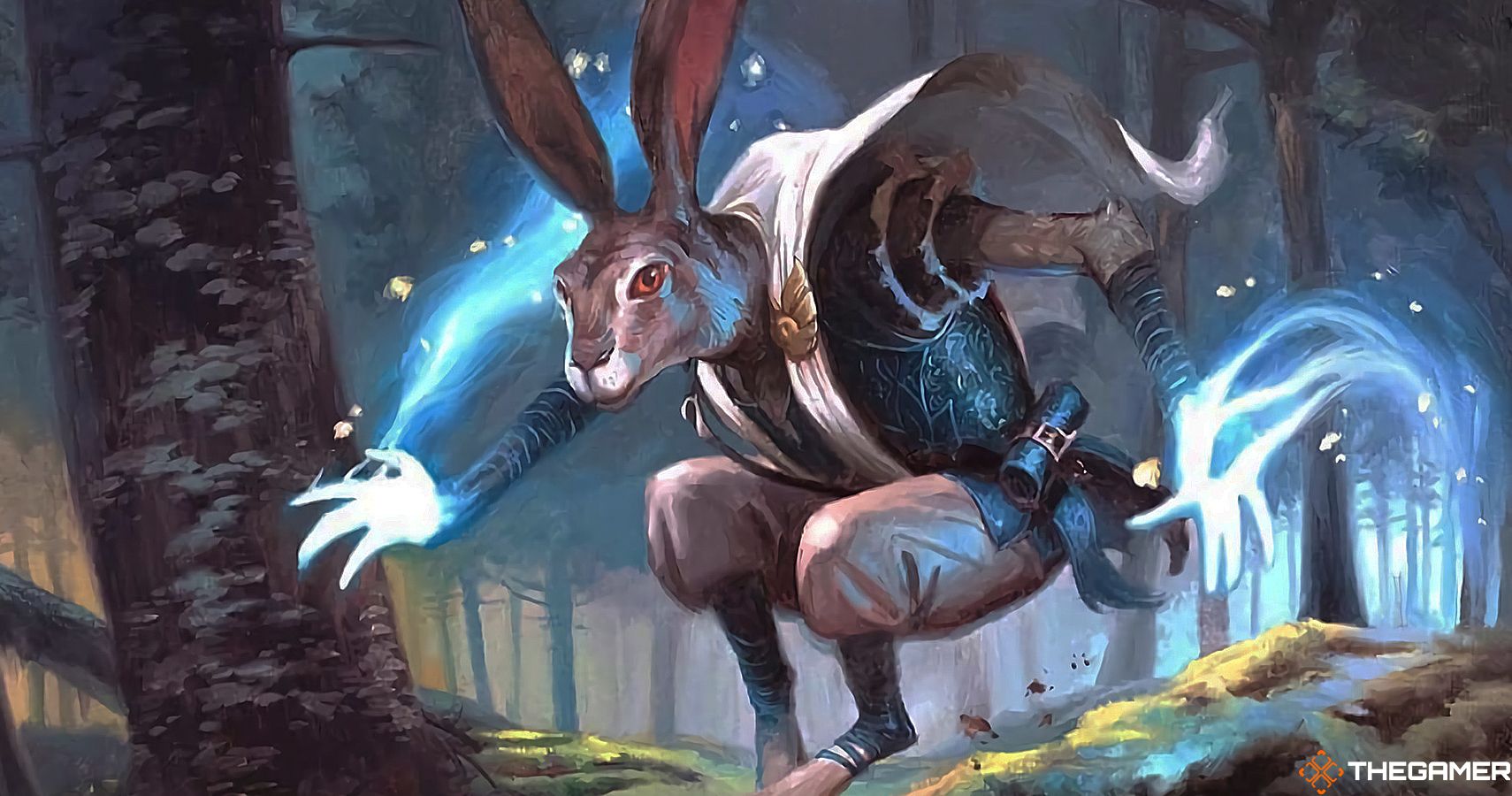 Instead of just communicating, Magic players are doing the very Magic Player-y thing of trying to 'solve' human interaction by making up a trillion different tiers full of Magic-y vernacular and hoping everyone hops on board. In a lot of people's minds, the goal is to be able to sit at a table, grunt "seven Thoracle" or "four Group Hug" and get going.But many people (myself included) argue that using a numerical score to rate your deck removes too much nuance and is too open to interpretation; one person's seven deck can easily be another's five or six. Okay, so what about calling it mid or high? Same problem, different name. Tuned casual? Same problem. Is that 'tuned casual' deck actually a cEDH deck? Who knows, because nobody's worked out what these words mean.By trying to define what's battlecruiser or what's competitive, what's high or mid or low or seven or lasagna or anything else, we're trying to take the human nuances of communication out of Commander. But what other options are there?
Instead of just communicating, Magic players are doing the very Magic Player-y thing of trying to 'solve' human interaction by making up a trillion different tiers full of Magic-y vernacular and hoping everyone hops on board. In a lot of people's minds, the goal is to be able to sit at a table, grunt "seven Thoracle" or "four Group Hug" and get going.But many people (myself included) argue that using a numerical score to rate your deck removes too much nuance and is too open to interpretation; one person's seven deck can easily be another's five or six. Okay, so what about calling it mid or high? Same problem, different name. Tuned casual? Same problem. Is that 'tuned casual' deck actually a cEDH deck? Who knows, because nobody's worked out what these words mean.By trying to define what's battlecruiser or what's competitive, what's high or mid or low or seven or lasagna or anything else, we're trying to take the human nuances of communication out of Commander. But what other options are there?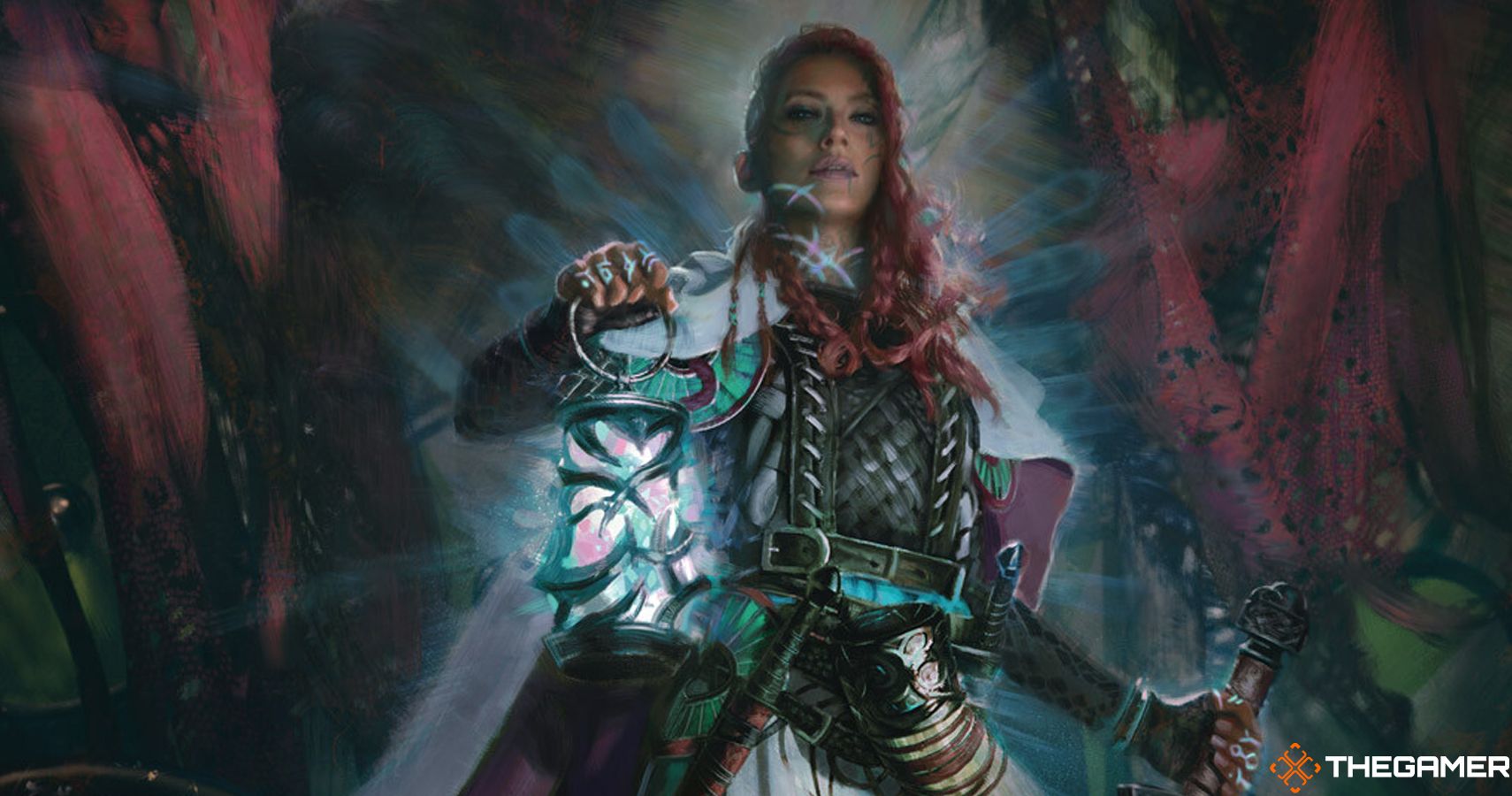 Back when I wrote for Forbes, I asked a number of prominent Magic community members about how they like to do their rule zero discussions. One comment that has stuck with me since then came from writer and Commander Advisory Group member Kristen Gregory, who said that "whenever you play in a new playgroup, or with all new decks that don't have reference points, you should be aware that game one is all about calibration".I adore that word, "calibration", because it makes cultivating your Commander playgroup a process, and highlights the friction that will inevitably happen in that process. It’s why, in every Commander deck guide I write, I’ll always include a section about lowering the power of your deck and point out some cards that could be cut to slow things down if you needed to.
Back when I wrote for Forbes, I asked a number of prominent Magic community members about how they like to do their rule zero discussions. One comment that has stuck with me since then came from writer and Commander Advisory Group member Kristen Gregory, who said that "whenever you play in a new playgroup, or with all new decks that don't have reference points, you should be aware that game one is all about calibration".I adore that word, "calibration", because it makes cultivating your Commander playgroup a process, and highlights the friction that will inevitably happen in that process. It’s why, in every Commander deck guide I write, I’ll always include a section about lowering the power of your deck and point out some cards that could be cut to slow things down if you needed to.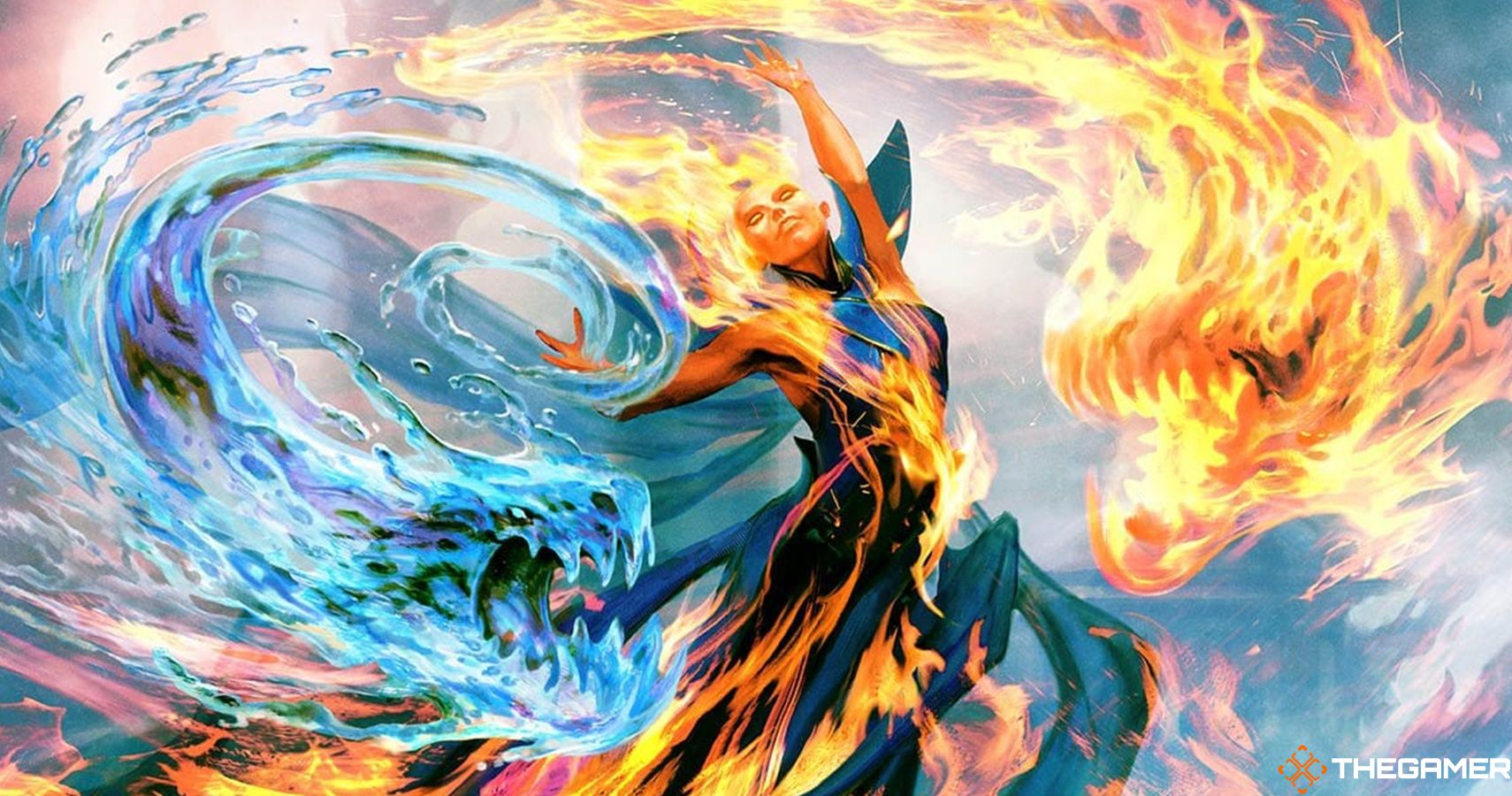 Commander is a social format, and social interactions are sloppy. Instead of trying to quantify and granulate Commander so we can avoid any and all discrepancies in perception, we should be talking about ways to facilitate that calibration. We need to be talking about how to safely and amicably work through a mis-assessed deck, rather than strive towards this unattainable taxonomy of decks and cards that everyone is expected to know.Knowing your Veyran, Voice of Duality deck is a Storm deck that can result in long turns that monopolise the game, and being able to explain that to your playgroup, is a much more useful assessment than saying it's a "mid Veyran storm". Likewise, being able to speak up, advocate for yourself, and say "hey, Veyran can have really long turns that stretch a game out and I was hoping for a quicker game, do you know the plays of your deck or are you figuring it out?" is something I think the community should be trying to instil in itself.
Commander is a social format, and social interactions are sloppy. Instead of trying to quantify and granulate Commander so we can avoid any and all discrepancies in perception, we should be talking about ways to facilitate that calibration. We need to be talking about how to safely and amicably work through a mis-assessed deck, rather than strive towards this unattainable taxonomy of decks and cards that everyone is expected to know.Knowing your Veyran, Voice of Duality deck is a Storm deck that can result in long turns that monopolise the game, and being able to explain that to your playgroup, is a much more useful assessment than saying it's a "mid Veyran storm". Likewise, being able to speak up, advocate for yourself, and say "hey, Veyran can have really long turns that stretch a game out and I was hoping for a quicker game, do you know the plays of your deck or are you figuring it out?" is something I think the community should be trying to instil in itself.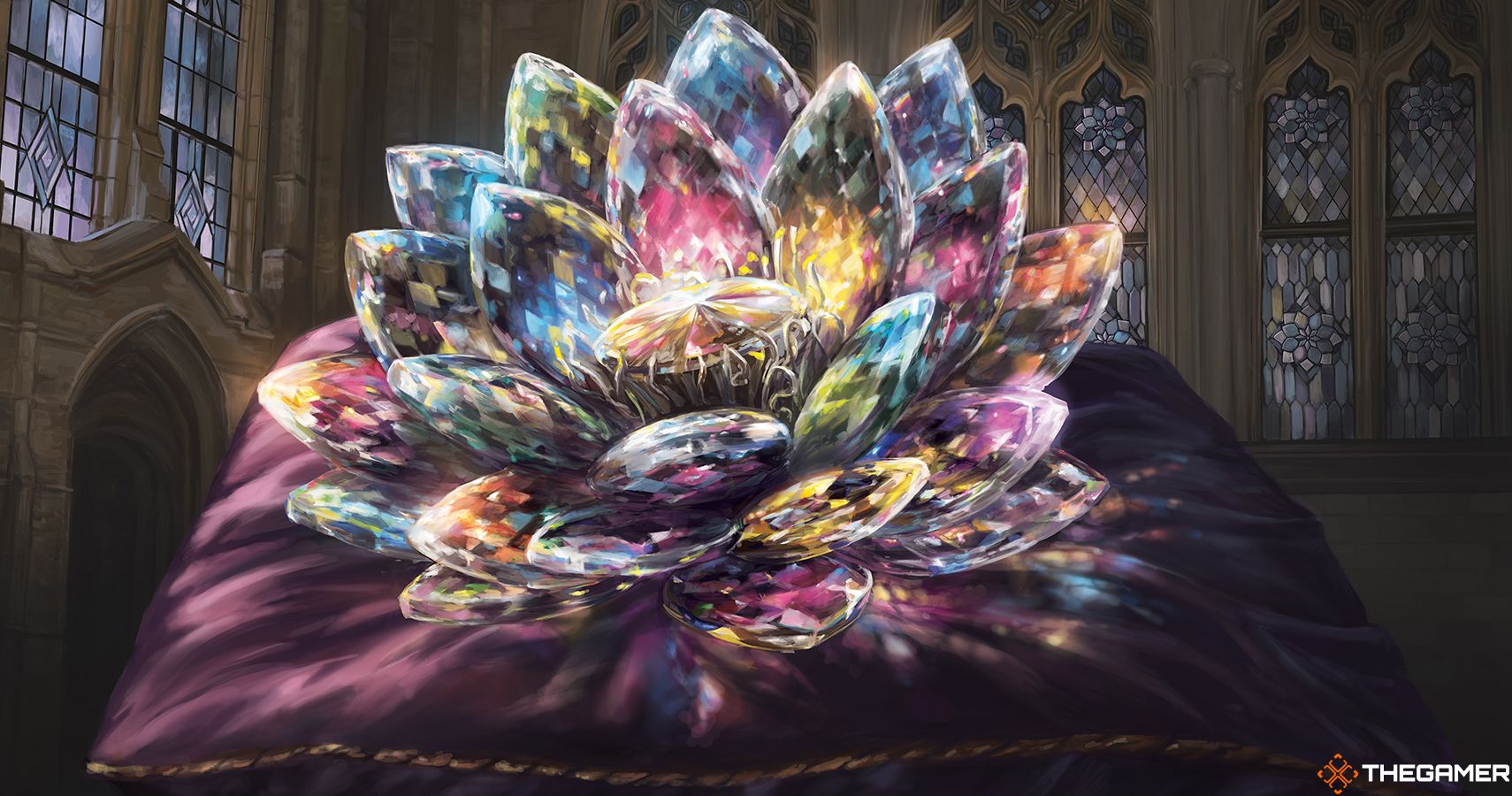 There are very real discussions about how the format is gradually creeping towards an overall higher power with faster games with lower overall mana costs. In this context, power level is important. But it's a tool in a vast toolkit, not the be-all-and-end-all.If we want Commander to really be a social format, we need to be talking more about soft skills, player communication, and player behaviour just as much as we do about the decks they bring. After all, this is a social format.
There are very real discussions about how the format is gradually creeping towards an overall higher power with faster games with lower overall mana costs. In this context, power level is important. But it's a tool in a vast toolkit, not the be-all-and-end-all.If we want Commander to really be a social format, we need to be talking more about soft skills, player communication, and player behaviour just as much as we do about the decks they bring. After all, this is a social format.

